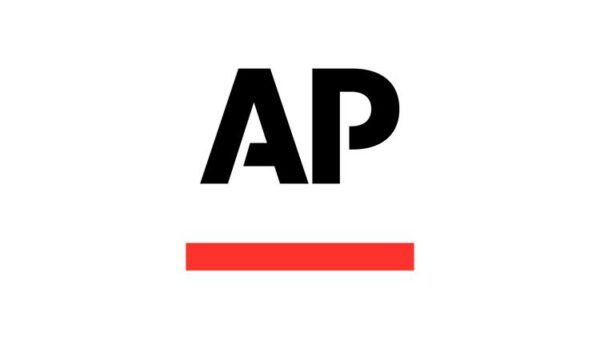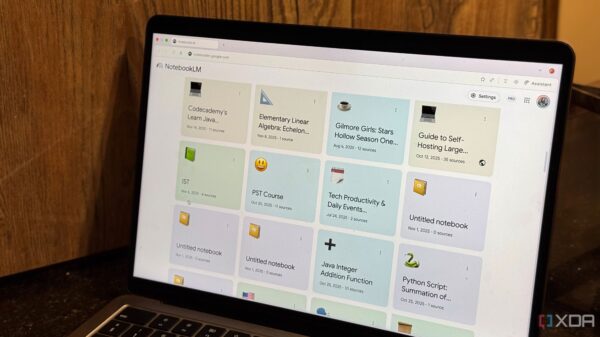Organizations seeking to optimize their workflows can now customize the Oxygen XML Editor to better suit their specific needs. This powerful tool allows teams to tailor their editing environment, support custom XML vocabularies, and enhance overall productivity.
Enhancing XML Vocabulary Support
A primary reason for customizing Oxygen XML Editor is to support editing specific XML vocabularies. This customization typically includes creating new file templates, validating opened XML documents against custom schemas, and providing tailored CSS for the Author visual editing mode. Additionally, teams can develop custom toolbars, menus, and contextual menu actions to streamline the editing process.
Such enhancements can be achieved through the document type/framework configuration, utilizing the Oxygen SDK. The SDK provides comprehensive resources for users to build and implement these custom solutions effectively.
Customizing Existing Frameworks
Oxygen XML Editor already includes pre-configured framework configurations for popular XML standards, such as DITA, Docbook, TEI, and XHTML. Users may find it beneficial to extend these existing configurations to better suit their team’s requirements and share these customizations with others.
By extending the framework configuration, teams can ensure everyone has access to the latest updates and optimizations, enhancing collaboration and efficiency across projects. More information on sharing document type extensions can be found in the documentation provided by Oxygen.
Implementing Custom Settings and Plugins
To maintain consistency across team members, organizations can implement a fixed set of application options. Oxygen offers the ability to share application settings, ensuring that all team members work with the same configuration.
Moreover, developers can modify the appearance and behavior of the application through plugins. These plugins can contribute custom views and toolbars, filter existing views, and register listeners that notify users when documents are opened, closed, or saved.
The Oxygen SDK provides a detailed overview of how to develop these plugins, with the popular Workspace Access plugin extension being a key feature. This extension activates upon application startup and allows for the addition of custom views, main menu items, and toolbar actions. A JavaScript-based workspace access plugin extension is also available, enabling users to interact with the Java API through JavaScript.
For those interested in practical applications, sample plugins built using the JavaScript-based extension are accessible on GitHub, showcasing various functionalities that can enhance the Oxygen XML Editor experience. Additionally, the Maven-based SDK facilitates the development of both plugins and Java customizations, providing a flexible framework for ongoing enhancements.
By leveraging these customization options, teams using the Oxygen XML Editor can significantly improve their workflow and productivity, ultimately leading to more efficient project outcomes.





































































